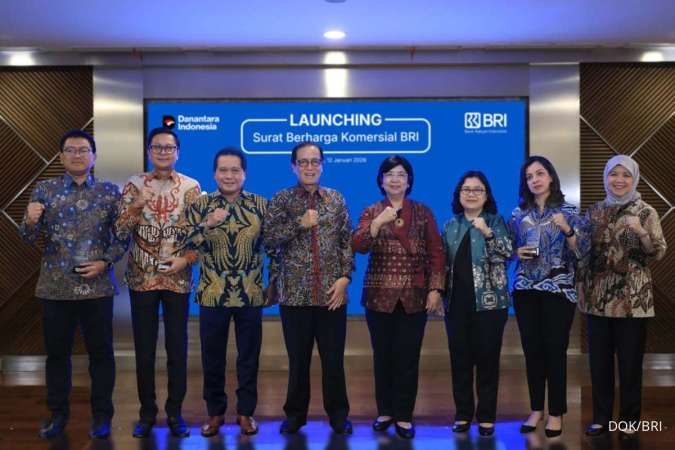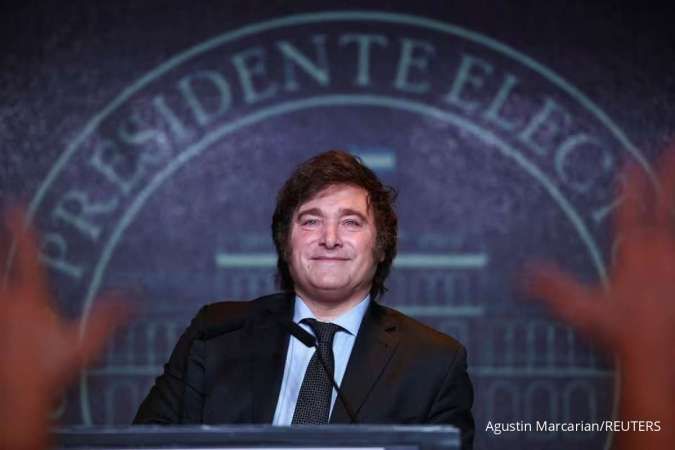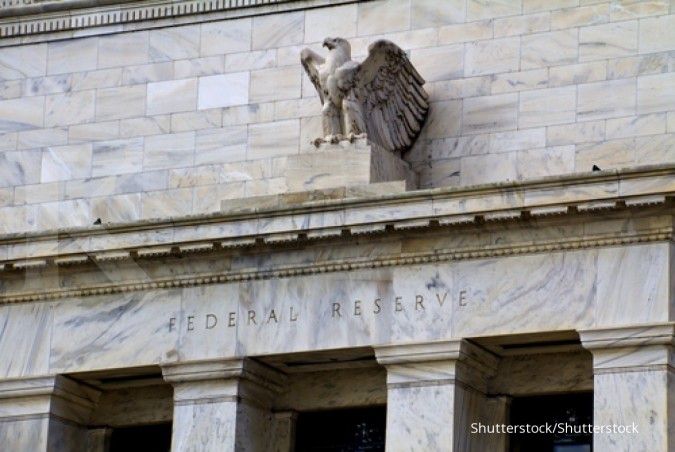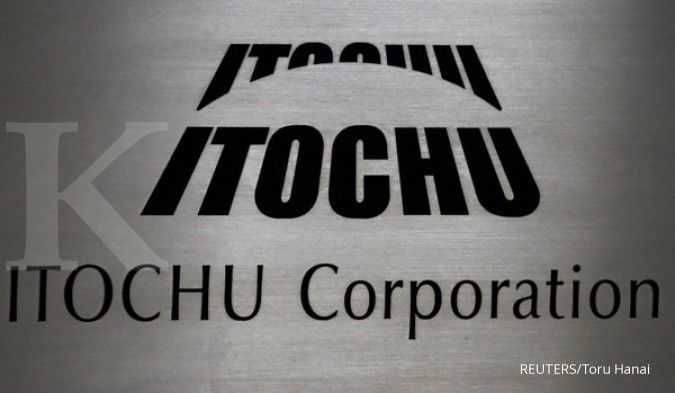KONTAN.CO.ID - TOKYO, Feb 9 (Reuters) - The Bank of Japan should consider ending its yield curve control and massive asset purchases now, then gradually raise short-term interest rates, the IMF said on Friday, as markets ramp up bets on a near-term turn in the central bank's ultra-easy policy. As Japan's economy continues to recover, domestic demand is replacing rising costs as the main driver of inflation with the output gap closing and labour shortages intensifying, the International Monetary Fund said. Measures of underlying price moves show that current inflation, which is above the BOJ's 2% target, is broad-based across products and services for the first time in three decades, the IMF said.
"The BOJ has been appropriately cautious, given Japan's history of deflation and mixed signals from recent data. That said, upside risks to inflation have materialized in the past year," the IMF said.
Baca Juga: China's Yuan Holds Steady in Light Lunar New Year Trade A closed output gap and increasing wages will keep core inflation, which excludes fresh food and energy costs, above the BOJ's 2% target until the second half of 2025, it said. "In the near term, the focus should shift to tighten fiscal policy and wind down unconventional monetary policy, while maintaining financial stability," the IMF said in a statement after its annual policy consultation with Japan. With inflation having exceeded 2% for well over a year, the BOJ has been laying the groundwork for ending a complex stimulus programme comprising a massive asset-buying programme dubbed quantitative and qualitative easing (QQE), a negative short-term interest rate and yield curve control (YCC) - a policy that caps long-term interest rates around zero. Many market players expect the BOJ to end negative rates this year with the most popular timing seen as April, according to a Reuters poll. "The BOJ should consider exiting YCC and ending QQE now while gradually raising short-term policy rates thereafter," the IMF said. In exiting ultra-easy policy, the central bank should offer "clear and effective" communication that any rate hikes would be gradual and cautiously timed, the statement added. The BOJ could also continue to reinvest maturing government bonds on its balance sheet to avoid market disruptions, it said.
Baca Juga: Gold Flat as Safe-Haven Demand Offsets US Dollar Strength The IMF criticised the government's energy subsidies and a plan to offer near-blanket income tax cuts as "not warranted," given Japan's economic recovery and high debt-to-GDP ratio.
"Given its temporary nature and Japanese households' low propensity to consume, the untargeted income tax cut is expected to have a limited impact on growth," the IMF said. "In addition, energy subsidies can distort energy consumption and hamper decarbonization initiatives and should be replaced with targeted transfers to vulnerable households."
By Leika Kihara (Reporting by Leika KiharaEditing by Shri Navaratnam) 





